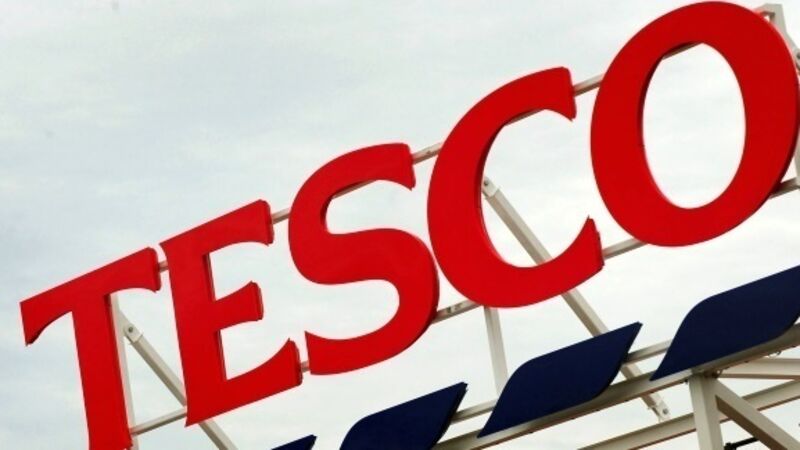Tesco in €5.5bn Korean sale

The sale of Homeplus, its largest overseas asset, represents the first large divestment by Tesco boss Dave Lewis, who wants to slash debt and rid the firm of its junk credit rating after its profits were battered by market share losses to discounters Aldi and Lidl in Britain and by an accounting scandal.
It follows Tesco’s costly exits from Japan and the US, as well as a reduction of its exposure to China, under previous management and highlights the difficulty Western retailers have had away from their home markets.
















